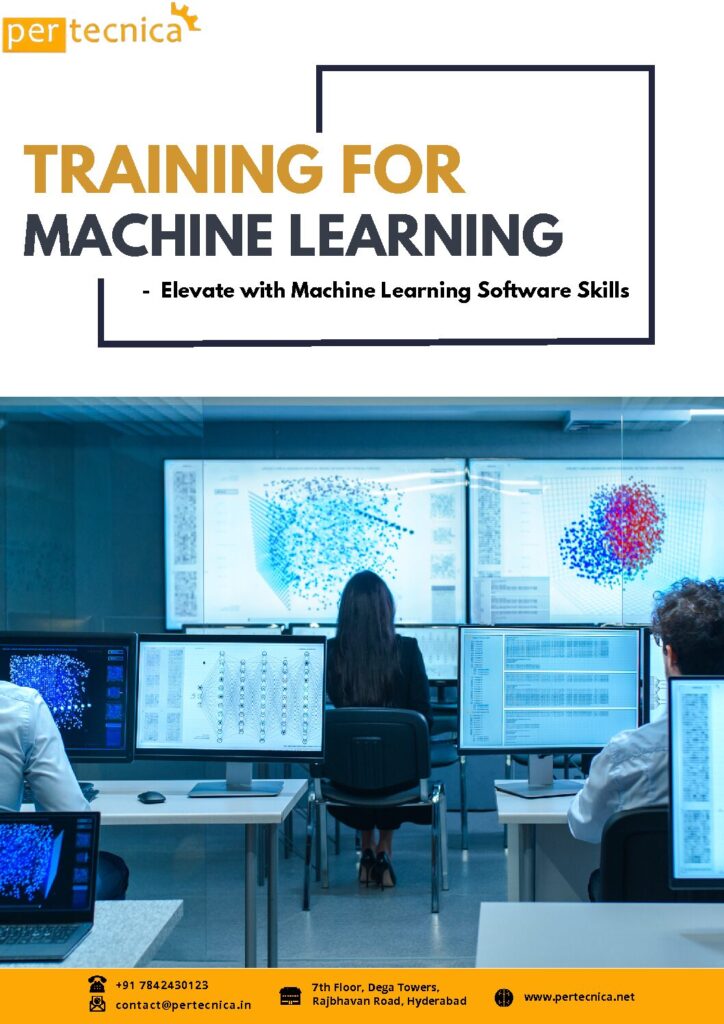Pertecnica Engineering stands out as a trailblazer in the realm of software training in India, particularly renowned for its specialized employee training programs. Among its stellar offerings, Pertecnica’s Machine Learning training stands as a beacon of innovation and skill enhancement. These meticulously crafted programs delve deep into the world of artificial intelligence, offering comprehensive guidance on the principles, algorithms, and applications of machine learning.
Participants engage with cutting-edge tools and techniques, gaining hands-on experience in data analysis, predictive modeling, and algorithm development. Through expert-led sessions and practical exercises, Pertecnica empowers individuals to grasp the nuances of machine learning, fostering a workforce equipped to navigate the dynamic landscape of IT and software development with confidence and proficiency.

